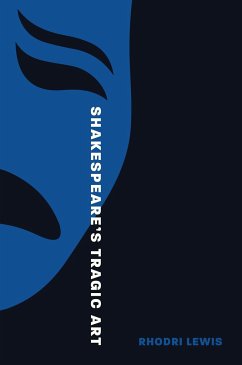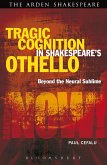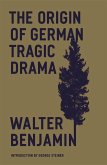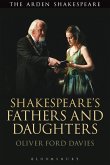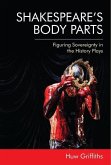"In this book Rhodri Lewis argues that Shakespeare's tragedies are a series of experiments that attempt to tell the truth about the world as Shakespeare sees it, and to discover how far he can stretch tragic affirmation to accommodate the darker aspects of this vision. Lewis argues that Shakespeare worked hard to develop an understanding of what tragedy might be good for; that this understanding emerged from his engagement with the traditions of tragic writing and theorizing that had gone before him; that he used this understanding to shape his tragic plays as carefully patterned aesthetic wholes; and that Shakespeare's understanding of the tragic has "as little to do with Hegel as it does with the unities of tragic time, place, and action that many of Shakespeare's peers and successors busied themselves abstracting from Aristotle's Poetics." Lewis begins the book by tracing the ideas and practices of tragedy as they were known to Shakespeare and his contemporaries in the sixteenth century. He then takes a chronological approach to Shakespeare's plays, ultimately seeking to affirm the status of dramatic art in Shakespeare's time as a medium for telling the truth about the human experience in a world that is not fully susceptible to rational analysis"--
Hinweis: Dieser Artikel kann nur an eine deutsche Lieferadresse ausgeliefert werden.
Hinweis: Dieser Artikel kann nur an eine deutsche Lieferadresse ausgeliefert werden.

